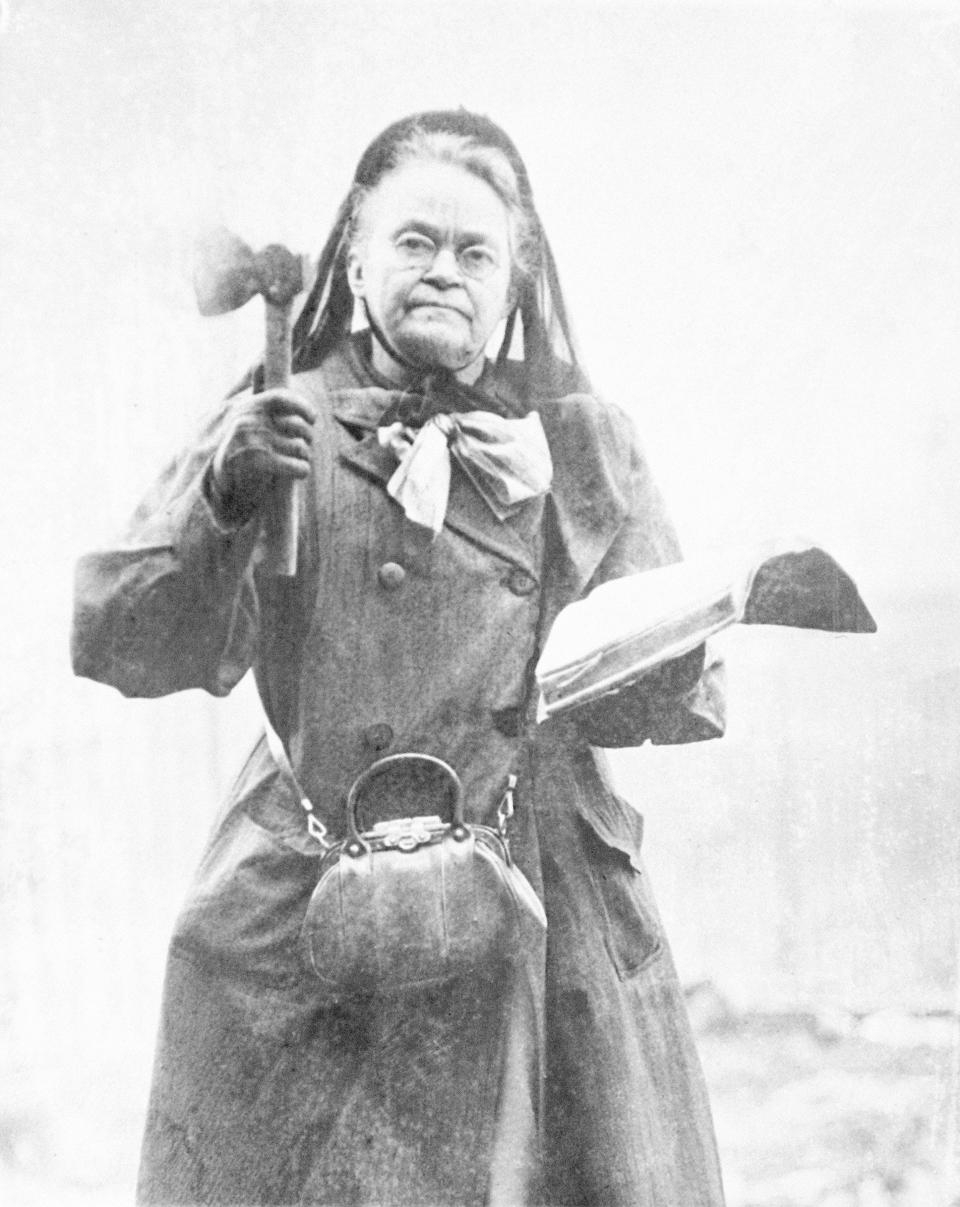Why the 18th Amendment on Prohibition was approved and later repealed | Opinion
Editor's note: This is a regular feature on issues related to the Constitution and civics written by Paul G. Summers, retired judge and state attorney general.
The 18th Amendment was the amendment frequently referred to as the “Prohibition Amendment.” It was ratified by the states on Jan. 16, 1919.
Amendment XVIII:
“Section 1. After one year from the ratification of this article the manufacture, sale, or transportation of intoxicating liquors within, the importation thereof into, or the exportation thereof from the United States and all territory subject to the jurisdiction thereof for beverage purposes is hereby prohibited.
“Section 2. The Congress and the several States shall have concurrent power to enforce this article by appropriate legislation.”
The third section provides that the amendment must be ratified by the several states within seven years, or it becomes inoperable.
Why Prohibition was repealed after 13 years
Decades of the temperance movement generated the 18th Amendment. The movement proposed that banning the sale of liquor (including beer and wine) would solve poverty, society’s problems, and generally enhance American life.

The amendment banned production, sale and transportation of liquor; but consumption was allowed. One year after ratification, on Jan. 17, 1920, Prohibition began. A short time afterward, the Volstead Act, passed by Congress, provided for federal enforcement.
Alcohol consumption declined under the 18th Amendment. Enforcement under Prohibition was a challenge, especially in the urban areas. Smuggling of liquor (commonly known as “bootlegging”) and illegal bars (“speakeasies”) were popular in many areas of America.
Public sentiment turned against Prohibition during the 1920s. Citizens complained that federal authorities were utilizing resources to enforce liquor laws, which even honest people violated. Critics claimed that authorities should enforce laws against violent or serious crimes rather than liquor laws.
In 1932, Democratic presidential nominee Franklin Roosevelt (FDR) called for the repeal of Prohibition. The 21st Amendment was later ratified by the states. The 18th Amendment became the only Constitutional amendment to be repealed in its entirety in 1933.
The 19th Amendment to the U. S. Constitution, ratified in August 1920, gave women the right to vote in federal or state elections. Reading the Constitution is time well spent.
Paul G. Summers is a lawyer. He is a former appellate and senior judge, district attorney general, and the attorney general of Tennessee. Raised in Fayette County, Judge Summers resides in Holladay and Nashville.
This article originally appeared on Nashville Tennessean: Why the 18th Amendment on Prohibition was approved and later repealed

